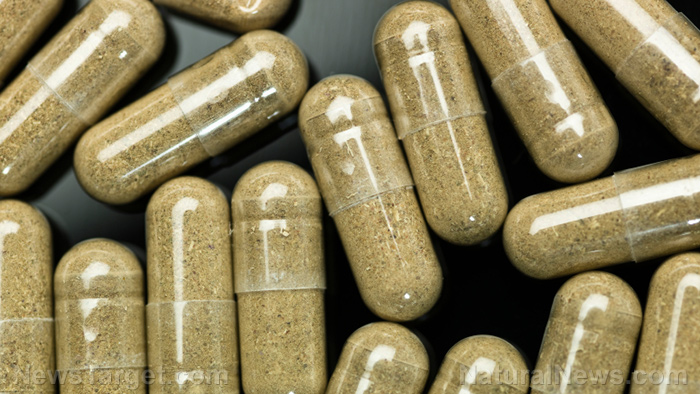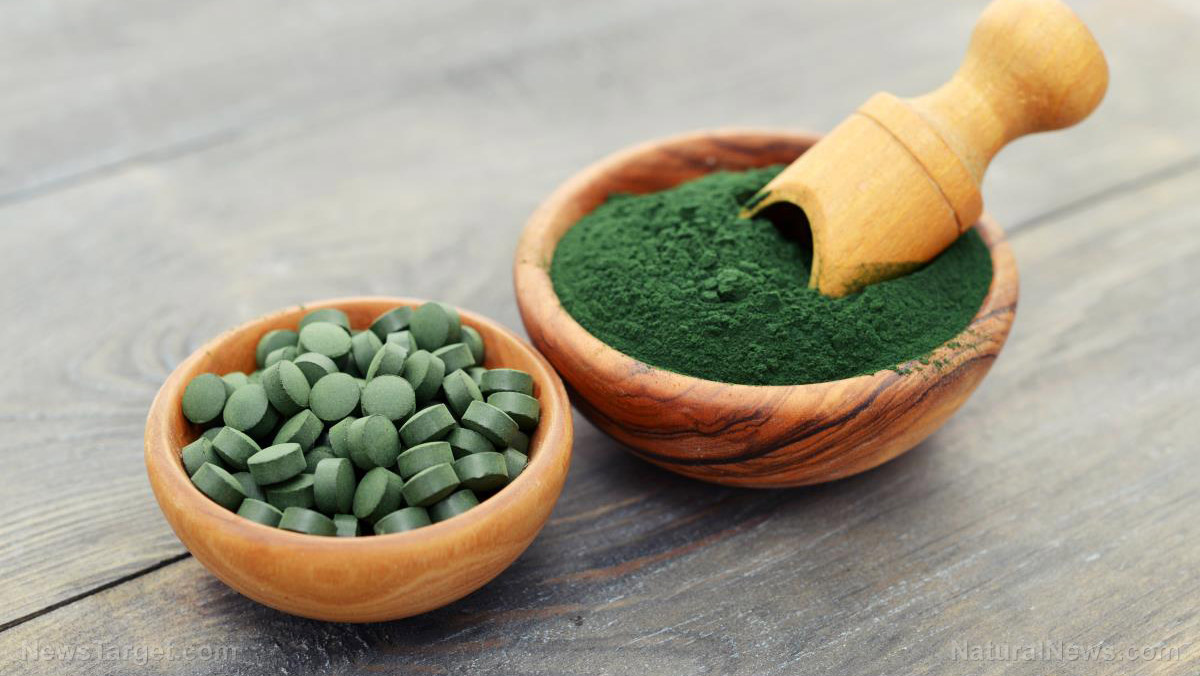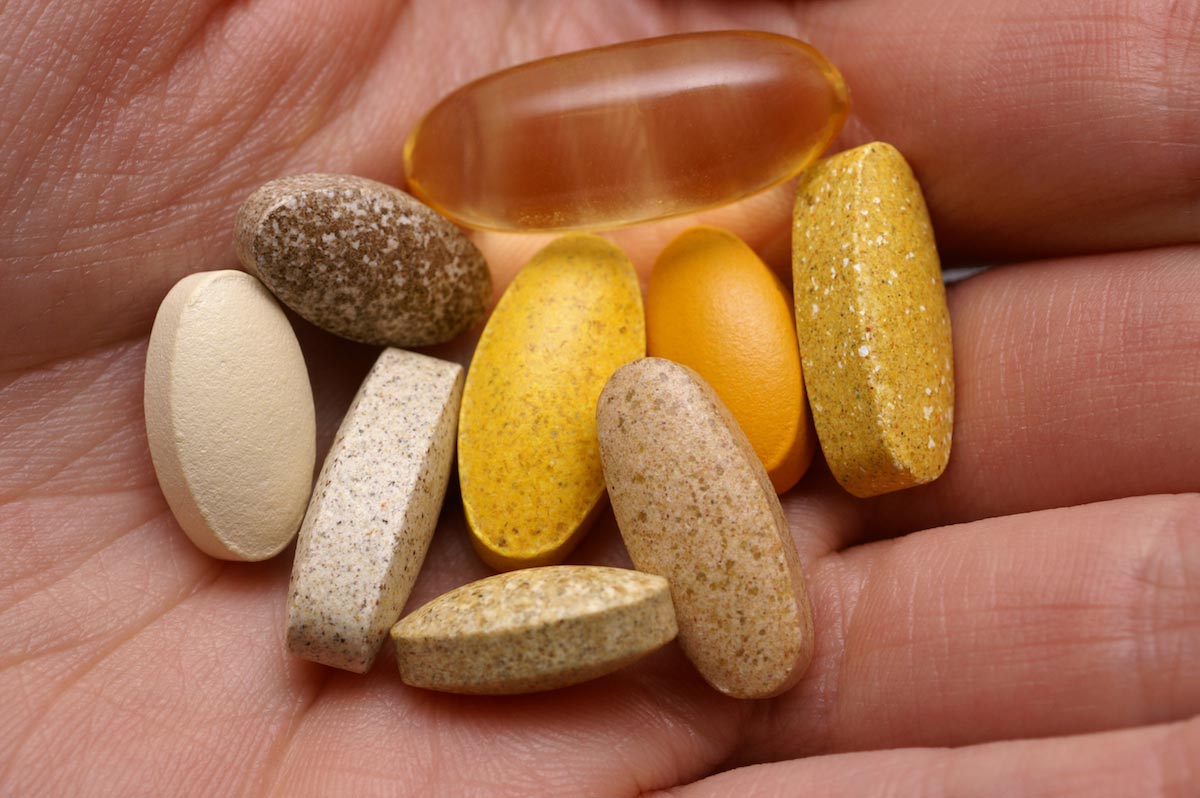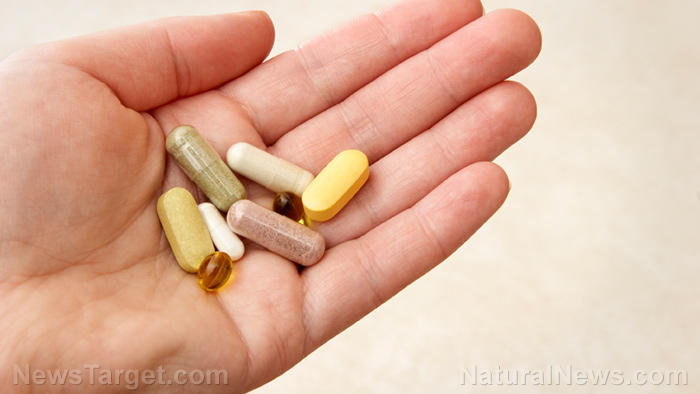Inulin powder from Jerusalem artichoke could give its commercial counterparts a run for their money
04/29/2019 / By Michelle Simmons

Inulin powder is commonly used as a food additive, particularly as a low-calorie sweetener, fat replacer, and fiber enricher. It is also considered a prebiotic because it promotes activities and growth of beneficial microorganisms in the gut. While it is commonly made from chicory root, it can also be produced from various fruits, vegetables, and herbs. In a study published in the Journal of Food Processing and Preservation, researchers tried to produce inulin powder from Jerusalem artichoke, scientifically known as Helianthus tuberosus.
For the study, a team of researchers from Thammasat University, Kasetsart University, and Mahidol University in Thailand came up with a production process of purified inulin powder made from Jerusalem artichoke and looked at the effect of the process on inulin powder quality. The production process involved applying hot water extraction and purification steps which included basket centrifugation, carbonation, deionization, and decolorization prior to the evaporation and spray drying processes.
Using this production method, the research team were able to yield 37.6 percent of the total solids in Jerusalem artichoke tuber. In addition, the purity of inulin powder made using this production process was comparable with the inulin product typically sold in the market.
From these findings, the research team from Thailand concluded that inulin powder can be made from Jerusalem artichoke and can be used as a natural food additive.
More on inulin and its potential health benefits
Inulin is found in many plants as a soluble fiber. It is called a fructan because it is composed of chains of fructose molecules that cannot be digested by the small intestine. Instead, it goes to the lower gut where it serves as a prebiotic, which good gut bacteria use as food. After that, gut bacteria convert inulin and other prebiotics into short-chain fatty acids that nourish colon cells. In addition to improving gut health, inulin offers the following health benefits.
- Relieving constipation: Inulin may help ease symptoms of constipation. In one study, researchers found that people who consume inulin experienced more frequent bowel movements and better stool consistency. Another study found that older adults who took 15 grams (g) of inulin per day reported less constipation and improved digestion.
- Aiding in weight loss: Some studies have also reported that inulin can help with weight loss by regulating appetite in adults.
- Managing diabetes: People with prediabetes and diabetes may also find inulin to be beneficial, particularly the high-performance type of inulin. Studies have shown that it can help reduce fat in the livers of people with prediabetes and reduce insulin resistance in people with Type 2 diabetes. It can also potentially reverse the disease.
- Keeping the heart healthy: Some studies also suggest that inulin can improve levels of triglycerides and cholesterol, resulting in a lower risk for heart disease. (Related: Supplementing with inulin improves your cholesterol levels.)
There is also some evidence that taking insulin can help improve mineral absorption, prevent colon cancer, and treat inflammatory bowel disease. If you want to try inulin, you can start with a low dose and then gradually increase your intake over time. You should also be careful if you have a FODMAP (Fermentable Oligo-, Di-, Mono-saccharides And Polyols) intolerance or certain allergies.
For more stories on food additives made from natural resources, go to FoodScience.news.
Sources include:
Tagged Under: alternative medicine, food additive, food is medicine, foodcures, foodscience, fructan, gut bacteria, Inulin, Jerusalem Artichoke, natural cures, natural medicine, prebiotic, prevention, research, soluble fiber, supplements

















